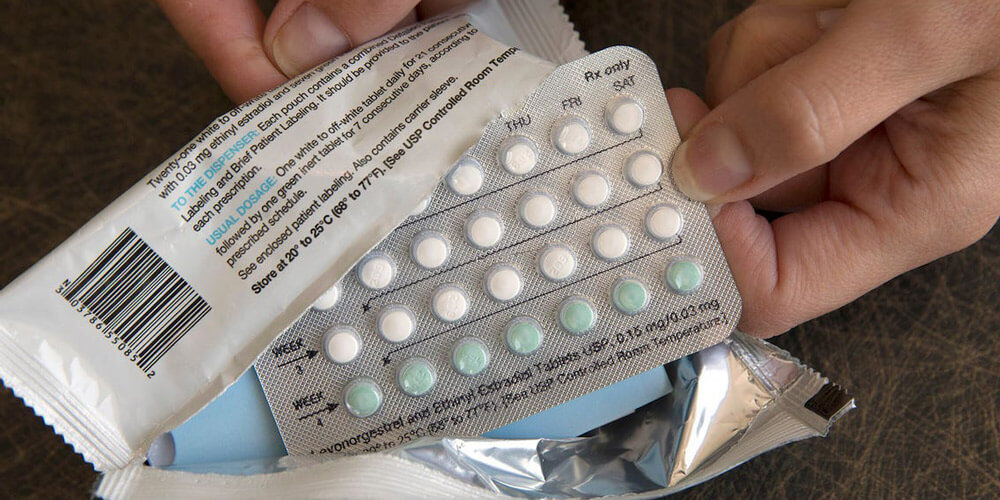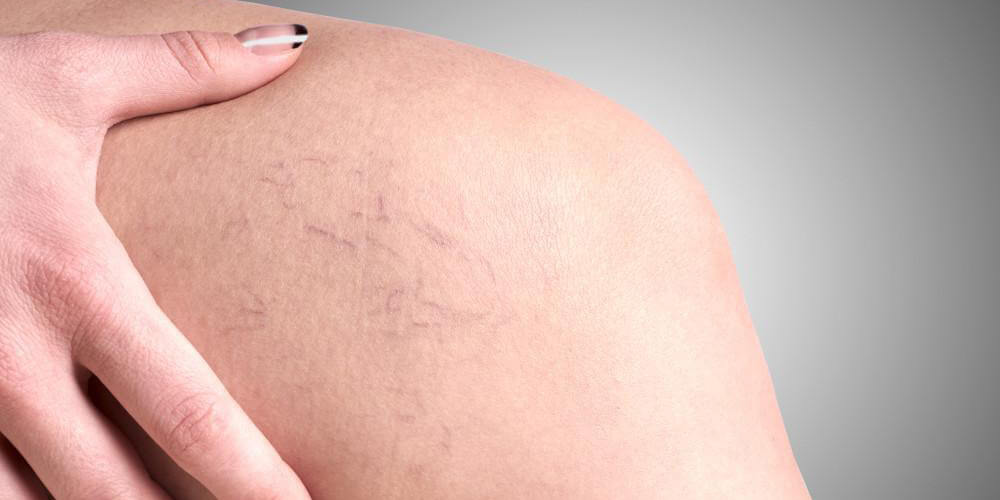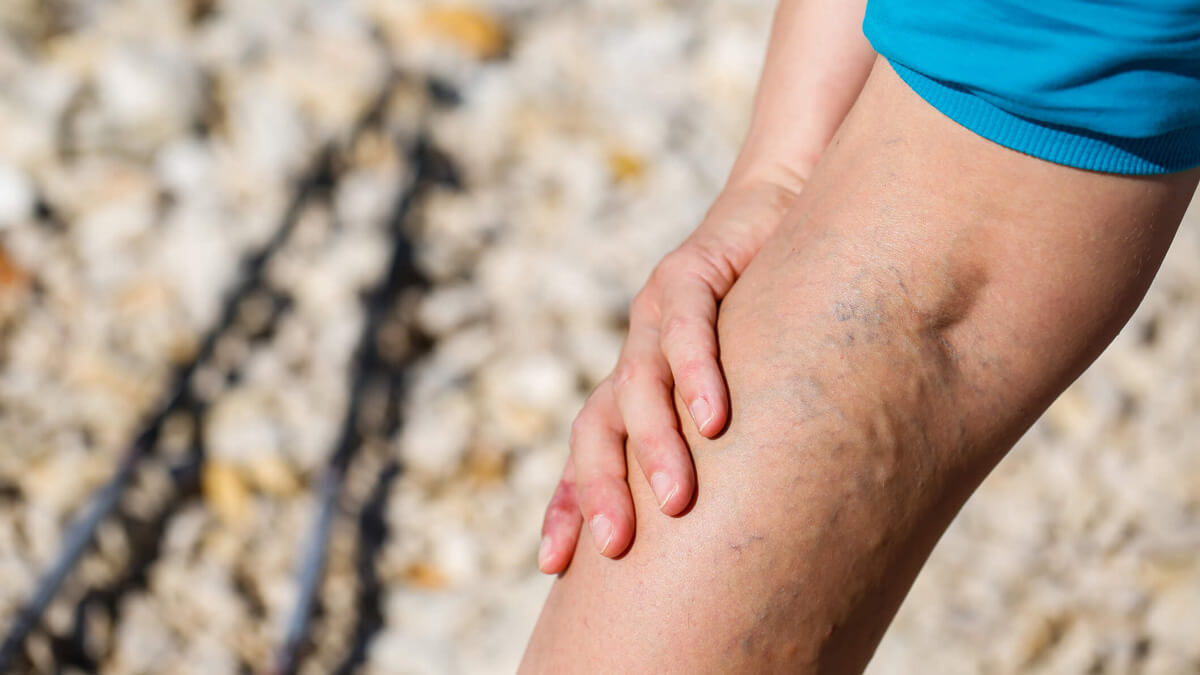Varicose veins are dilated blood vessels most commonly occur in the legs and affect about half of the adult population. They are generally caused by pressure on the arteries, which weakens and damages the valves and walls of the arteries. For most people, varicose veins and capillary dilation are just unpleasant annoyances, but they can make walking and standing painful and, in severe cases, can cause skin sores. While there is no surefire way to prevent varicose veins, there are several things you can do to reduce your chances of getting them.
Adopt a proper diet to reduce varicose veins
Avoid high-calorie foods with low nutrients; your diet should be high in fiber. Some studies have suggested a link between low-fiber diets and varicose veins. High-fiber diets also help lower cholesterol and lower blood pressure.
Also, try to avoid added salt in your diet if possible. Reducing salt intake can help reduce swelling in varicose veins reducing body water supply.

Proper diet for preventing varicose veins
Exercise regularly for preventing varicose veins
Walking and jogging improve blood circulation in the legs; proper blood circulation helps prevent varicose veins from progressing and getting worse. Exercise also lowers high blood pressure and strengthens the entire circulatory system. Running is also helpful in preventing varicose veins because it improves blood circulation in the legs.
Quit smoking to prevent varicose veins
Smoking causes many health problems. Studies have shown that high blood pressure due to smoking helps to cause varicose veins. Smoking is also associated with “lower extremity venous insufficiency,” Blood does not flow properly and accumulates in the legs.

Stop smoking to prevent varicose veins
Avoid taking birth control pills to prevent varicose veins
Long-term use of birth control pills, which contain large amounts of estrogen and progesterone, may increase the risk of varicose veins. Hormone replacement therapy may have similar effects. Prolonged use of estrogen and progesterone may weaken the valves in the arteries and alter blood circulation in the legs. Contraceptive pills that use lower doses of estrogen are less likely to cause varicose veins or blood clots.

Avoid taking high estrogen birth control pills to prevent varicose veins
Avoid standing for long periods to prevent varicose veins
Standing in one place for a long time increases the pressure on the veins in the legs. Over time, this pressure weakens the walls of the blood vessels. Standing for a long time makes existing varicose veins worse and can help new varicose veins to develop. Standing for extended periods is unavoidable in some jobs; you can reduce the damage as much as possible by changing your position. Try to walk at least once every 30 minutes.
Look out for the symptoms of varicose veins
Varicose veins do not usually cause serious health problems. However, they can cause discomfort, pain and embarrassment. Even if there is no risk to your health, your doctor may want to help you manage your varicose veins. Common symptoms of varicose veins include the following:
- Pain in the legs
- Trembling or cramping
- Feeling of heaviness or swelling in the legs
- Itchy skin, irritated or dark skin
- Lack of control of legs or restless legs

Varicose veins symptoms
What to do if you have varicose veins symptoms?
Here at DermaBellaClinic, we can offer you a leg vein removal treatment. Laser leg vein removal is a quick and easy way to beautify your legs. Unwanted leg veins are common for women of all ages and cause a lot of embarrassment. With laser treatment, you can reduce the appearance of leg veins without pain in surgical treatments with no recovery downtime.


